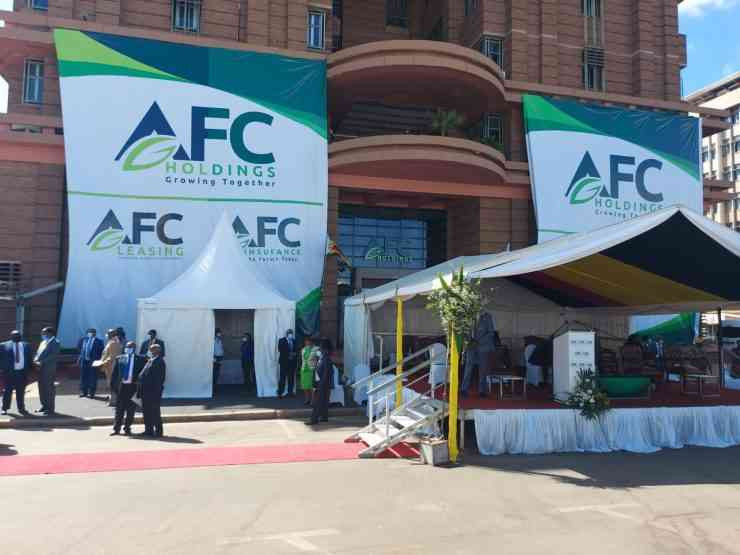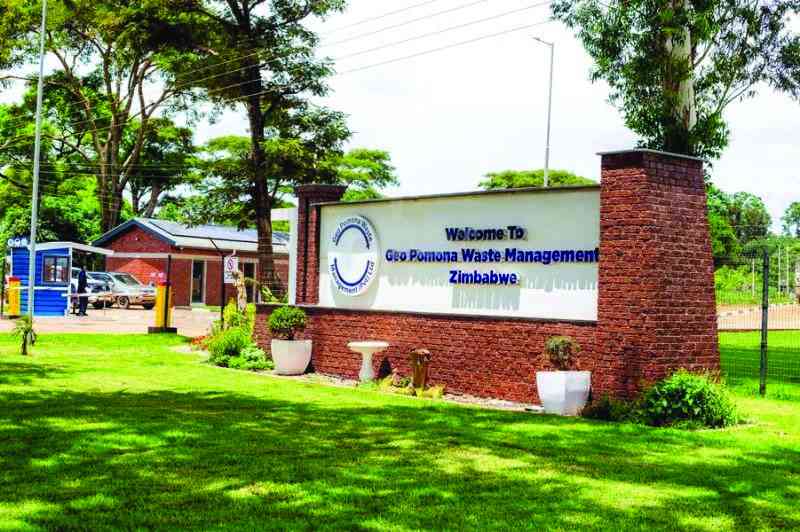
AFC Holdings group chief executive officer Francis Macheka says there is a need to focus on value-addition on agriculture products because it offers opportunities for agribusiness development.
Agriculture contributes between 11% to 14% to the country’s gross domestic product, employs 70% of the population and supplies about 60% of all raw materials for industry.
Speaking at last week’s CEO Africa Round Table annual meeting in Victoria Falls, Macheka said value-addition would help increase employment, as well as reduce poverty and overall food security.
“Agriculture can be the core of any business, which is how it can create wealth. It can be done in different ways. Firstly, we can do it through primary production and sell the products. There are quite a number of people surviving on that,” he said.
“Secondly, we can join the agro-industrialisation of value addition which I think some of us in the manufacturing sector could understand what I am talking about. When you do that, you are adding value to the primary products that we produce.”
Macheka pointed out that value-addition enables “Africa to transform from a raw materials supplier to an added value provider, extracting higher rents from commodities and promoting diversification and the rising incomes, urbanisation and changing consumption patterns.”
With many raw commodities having intrinsic value in their original state, value-addition changes or transforms a product from its original state to a more valuable state, either through processing, drying, packaging, extracting, or any other process which changes raw agricultural commodities into new finished products.
Macheka said interventions to create wealth through value-addition and agro-processing required efforts to attract private sector funding for agro-processing activities and creating an enabling policy and regulatory environment to stimulate increased investment in agro-business.
- AFC Bank capital plan gets RBZ nod
- Change tack on economy: Chiwenga
- ‘Govt reviewing ownership model of struggling SOEs’
- Govt eyes solar farm to ease power crisis
Keep Reading
Calling on the country to shift from traditional ways of value addition to modern and cost-effective ways of value-adding agriculture production to create wealth, he added: “I want to show you how tobacco produced in Zimbabwe can be value-added. Our average price is around US$3 per kilogramme (kg) when we crush it to sell it or export it moves to about US$6 per kg, but if we produce cigarettes it will move from US$6 to US$30-US$60 per kg.
“It’s unfortunate that in Zimbabwe that is not exactly what we are doing. We are breaking our backs to produce, but we are only getting just US$3 per kg. We really need to make plans to value add so that we get great value from what we are producing in the country.
“Another example is that of cattle. If you breed cattle and you sell one beast you can get around US$300, but if you kill that, and sell it to butcheries, you can end up getting around US$1 000. In the agricultural sector, we need to endeavour to value-add our products.”







